People Over Politics.
I don’t identify as a Republican or a Democrat.
I’m not religious.
I’m an agnostic humanist trying to navigate a world that keeps asking me to pick a side.
The truth is, I don’t believe there are only two sides.
Life is too complex to be split into red or blue, saved or damned, right or wrong. And yet, everything around us—the headlines, the algorithms, even the conversations at family dinners—pushes us to choose.
But I don’t fit in a box.
And I don’t want to see anyone else forced into one, either.
At my core, I care about people—their dignity, their safety, their potential.
I care about the air my son breathes, the food on our table, and the future we’re all shaping, whether we admit it or not. These aren’t partisan issues. They belong to all of us.
Somewhere along the way, politics stopped being about solving problems and started being about winning. The conversation shifted from “How do we fix this?” to “How do we beat them?”
But there is no “them.” There’s only us.
When we reduce each other to political caricatures, we lose sight of our shared humanity. We all want safe communities, opportunities to thrive, and a better world for the next generation. Division distracts us from those truths—and those in power benefit from keeping us distracted.
When the noise gets overwhelming, I come back to a simple framework that keeps me grounded:
- What brings me joy? Anger may be fuel, but joy is direction.
- Remain objective. Facts matter more than feelings or party lines.
- There are no sides. Only humans trying to coexist.
- All government is corrupt. No institution gets to claim moral purity.
- Dialogue of inclusivity. If we can’t speak to each other, we can’t solve anything.
- How do we make change? Not just outrage—real, sustainable change.
- We got here because we all know change is needed. That truth connects us, no matter how divided we seem.
This perspective doesn’t give me every answer. But it reminds me to keep my focus on people, not politics.
I wasn’t born into this mindset. I was raised in a deeply religious environment where faith and politics were intertwined. There was a “right way” to believe, a “right way” to vote, even a “right way” to love.
As a teenager, church wasn’t just a Sunday ritual—it was a way of life. Bible study before school. Youth group after. Family devotionals every week. At the time, I believed certainty was safety. That following the rules would protect me.
But as I grew older, the world revealed its complexity. I began to see the places where rules contradicted compassion, where politics warped faith, and where entire groups of people were excluded for not fitting a narrow mold.
We live in a time when disagreement feels like war. But in my experience, most people actually want the same things:
- Safety for their loved ones.
- Opportunities to thrive.
- A world that’s just a little better than the one they were born into.
Our problem isn’t that we disagree—it’s that we’ve forgotten how to listen.
Real change comes from dialogue. From looking past labels and asking, “What do we both care about? Where can we build together?” It’s slower than outrage, but it’s the only path forward.
I don’t need to belong to a party to fight for justice, fairness, and compassion.
I don’t need religion to believe in kindness, accountability, and integrity.
My stance is simple: People first. Politics second. Always.
So, I’ll keep voting, speaking up, and taking action—not because I’ve chosen a side, but because I’ve chosen to believe in us.
Because at the end of the day, we all know something has to change.
That shared truth is our common ground.
And that’s where hope begins.
